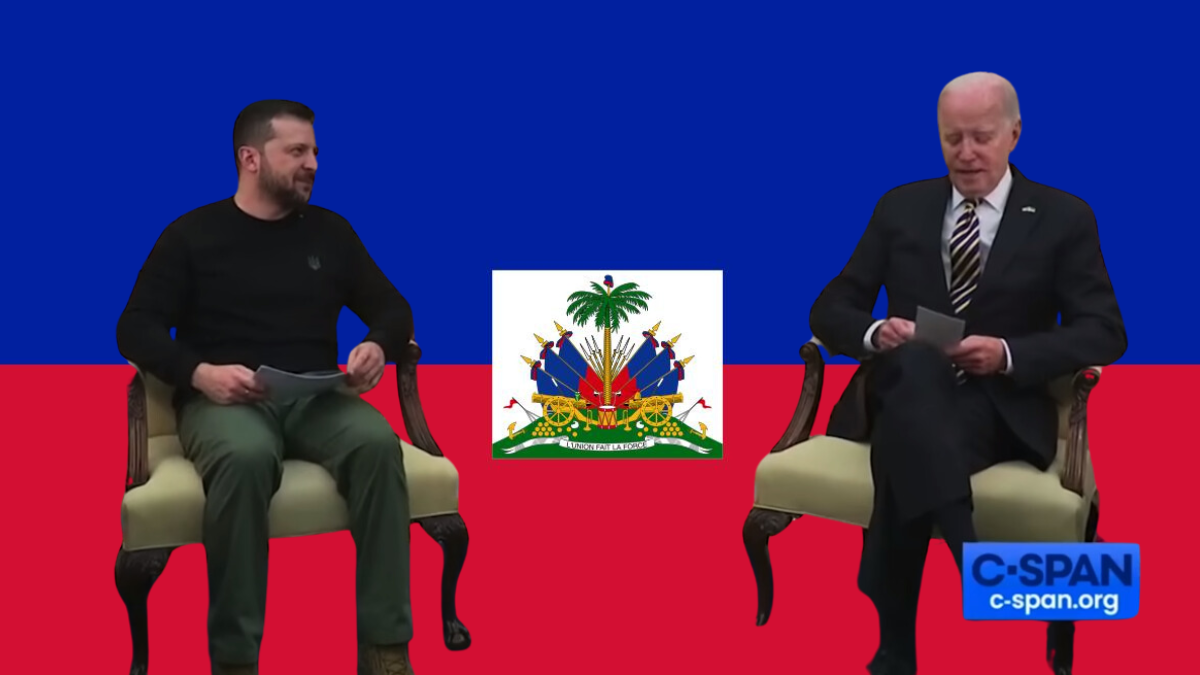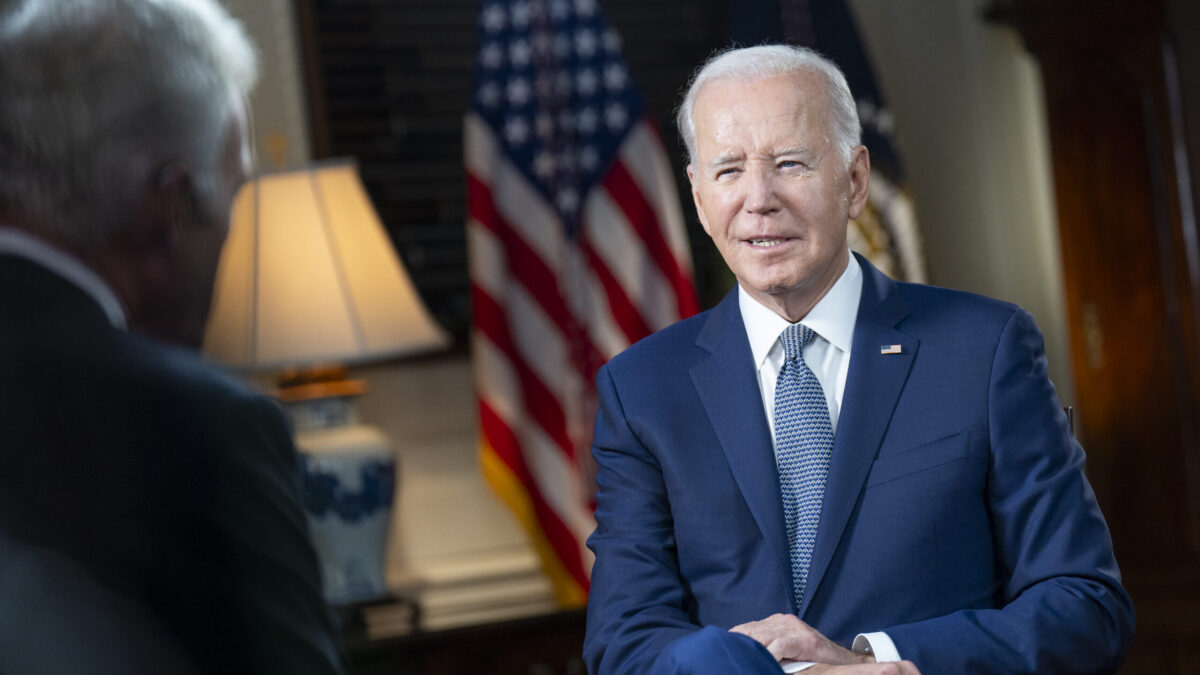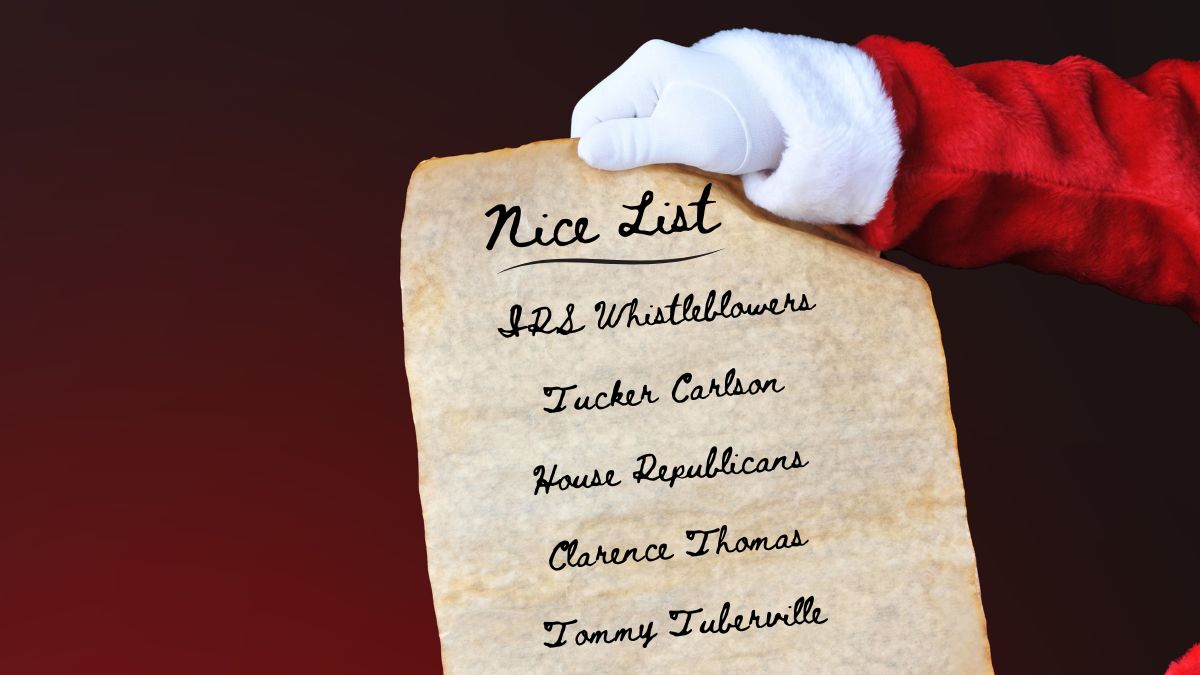
Inspired by Peggy McIntosh’s “White Privilege: Unpacking the Invisible Knapsack,” which has become required reading on college campuses across the country: “I was taught to see oppression in every human act and artifact, not in the occasional individual acts of meanness.”
Daily Effects of Postmodern Privilege
I decided to try to improve myself by identifying some of the effects of postmodern privilege in my daily life. I have chosen to explore the most popular categories of personhood (race, ethnicity, class, gender, sexual orientation), rather than those factors that might complicate my postmodern worldview (reason, truth, beauty, virtue, free will). As far as I can tell, my rational and religious acquaintances with whom I come into frequent contact cannot count on most of these conditions:
- I am not told that my deepest moral convictions must be relegated to my home.
- I can be pretty sure that an argument with a colleague of another ideology won’t result in an organized campaign of harassment that threatens my livelihood.
- I can avoid spending time with people who openly disagree with me because those who harbor divergent opinions are often labeled rapists, homophobes, and bigots.
- I can go shopping without fear that a sanctimonious hipster will harass me for not buying fair trade or certified organic products.
- I can turn on the television or look at the front page of the paper and be sure to find praise for people who think like me and unabashed disdain for those who don’t.
- When I am told about our national heritage or about “civilization,” I can be fairly sure that most scholars agree with me that these are pejorative terms, synonymous with colonization, exploitation, and oppression.
- If I want, I can be sure to find a publisher for this piece on postmodern privilege, especially if I reference Jacques Derrida.
- I can be casual about whether to listen to dissenting opinions because it is easy to label other ideas as microagressions.
- I can go into a music shop and count on the most popular musicians being as elitist as me.
- I can be influenced by artists and scholars from diverse backgrounds without people saying I am engaging in cultural appropriation.
- I can criticize free enterprise while still benefitting from said economic system without the fear of being seen as a hypocrite.
- I do not have to teach my children how to talk about religious principles in secular language in order to avoid public ridicule.
- I can use sophisticated language and wear a suit and tie without derision because it is assumed I do so only ironically.
- I can speak in public to powerful government agents without having my tax-exempt status put on trial.
- I can do well in a challenging situation without people saying I ought to “check my privilege.”
- I am never asked by reporters to speak to whether everyone in my particular religious group might hypothetically be open to providing goods or services at a gay wedding.
- I can be pretty sure that if I ask to talk to a government official she or he will share my ideological convictions.
- I can easily see people in sitcoms, movies, news programs, and public-school textbooks who share my guilt for living in a prosperous nation.
- If I declare there is a racial issue at hand, or not, my ideological affiliation will lend me more credibility than someone who believes in “evidence” and “proof.”
- Major media outlets do not falsely accuse me or my children of fostering rape culture for simply engaging in traditional courtship rituals at wealthy southern schools.
- I can seek wealth without being seen as greedy or self-serving, especially if said wealth is accumulated by means of redistribution.
- I can take a private jet across the country to attend a conference of environmental activists without fear of my colleagues branding me a fraud.
- If a day, week, or year is going badly, I need not ask if it is my fault; I know it is someone else’s.
- I can think of many options—regarding my gender identity, gender expression, or sexual orientation—without being bound to reason, tradition, or nature.
- I can be late to a meeting without it reflecting poorly on me because it is assumed that I commute by bike so as to reduce my carbon footprint.
- If I cannot rely on the power of influence, I can be relatively certain that government coercion is an option for me to get my way.
- I can easily find academic courses and institutions that are slavishly devoted to my nihilistic, neo-Marxist philosophy.
- I can expect figurative language and imagery in all postmodern art and literature to be either opaque or so exceedingly obscure as to advance my status as a highly sophisticated member of the intelligentsia.
- I have no difficulty fomenting discontent in neighborhoods where people have traditionally been largely satisfied with their lives.
- I will feel welcomed and “normal” wherever vehement expression of sentimentality triumphs over “reason.”
Peter Johnson studied postmodernism in both the English and philosophy departments of New York University. His deep understanding of what George Will described as the “degenerate egalitarianism of the intelligentsia” made him an exceptional candidate for the Peace Corps, where he taught beekeeping to subsistence farmers in rural Paraguay, despite having no previous experience keeping bees.
After the Peace Corps, he lived in Senegal for a year, where he cavorted with a bunch of Fulbrighters who enjoyed a yearlong subsidized vacation abroad in return for writing obtuse academic papers reaffirming postmodern scholarship. He now works for the Acton Institute in Grand Rapids, Michigan, where he is being vigorously deprogrammed by natural-law philosophers, theologians, and a Catholic priest. You can find him on Twitter @ActonPete.









